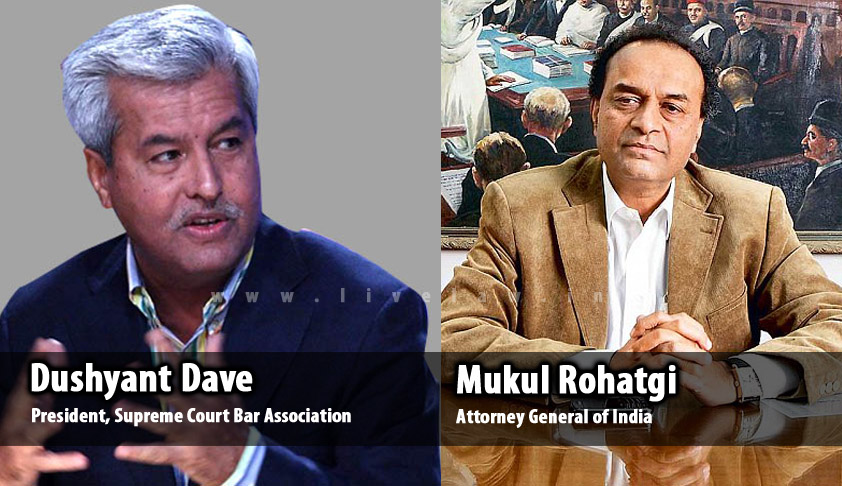Designation of Senior Advocates; Procedure of making applications is the root cause, Secret ballot, Support of Minimum Number of Judges etc are oppressive ; Dushyant Dave
LIVELAW NEWS NETWORK
19 Sept 2015 1:14 PM IST

Next Story
19 Sept 2015 1:14 PM IST
